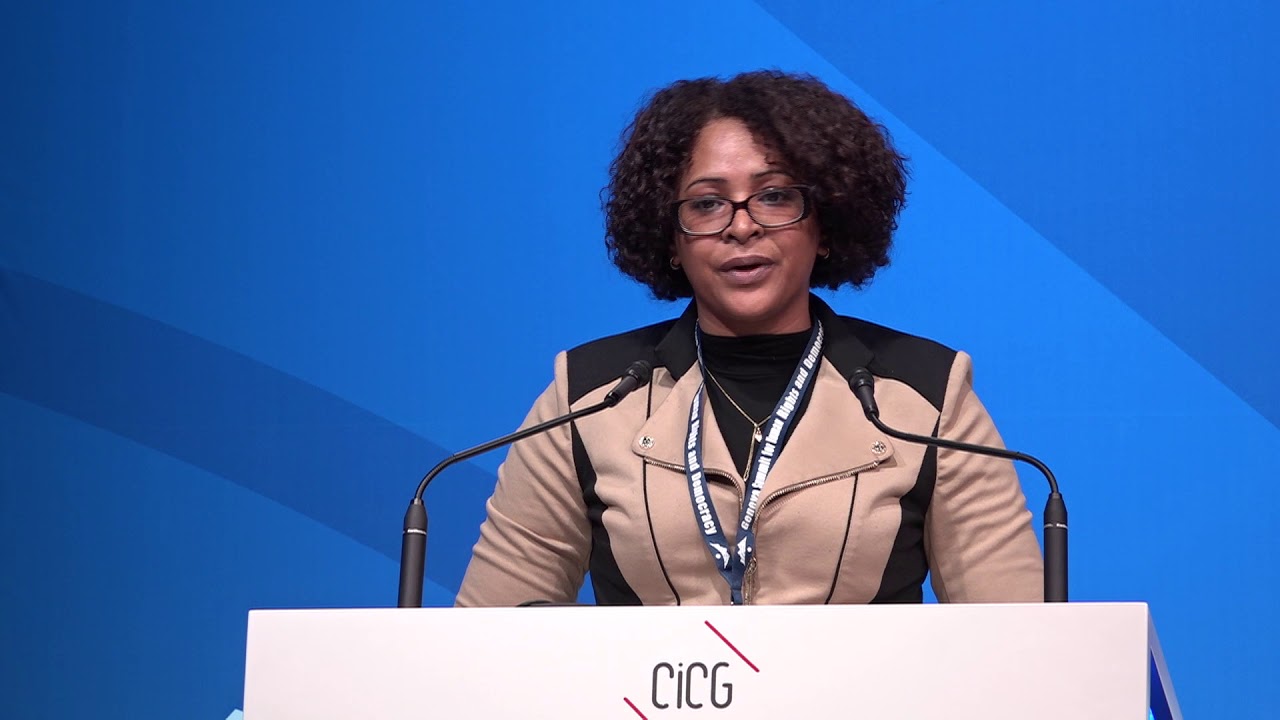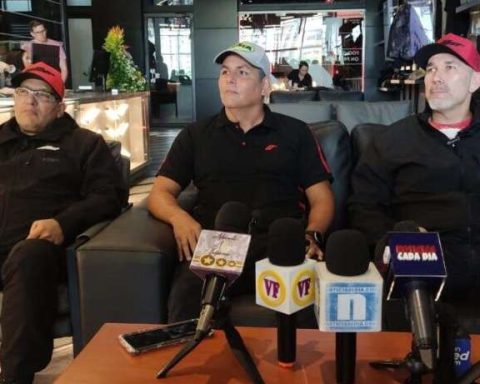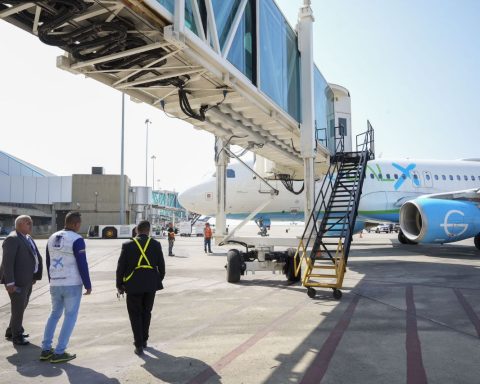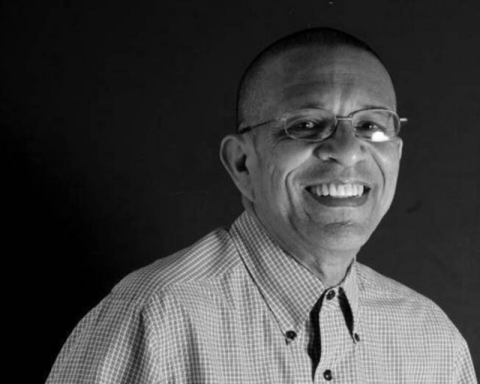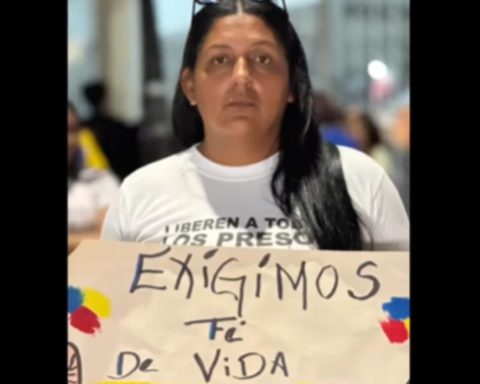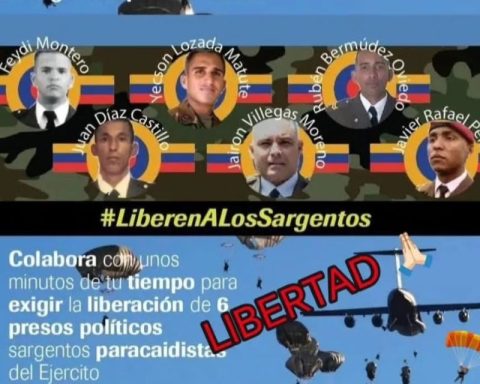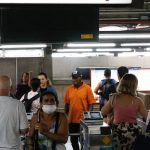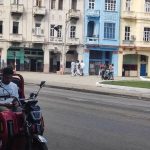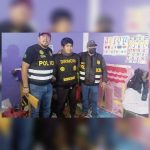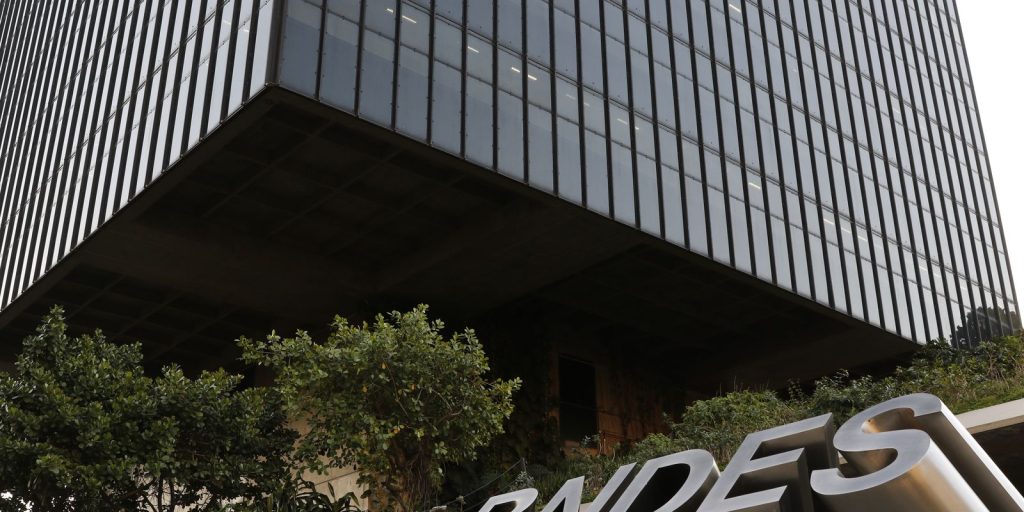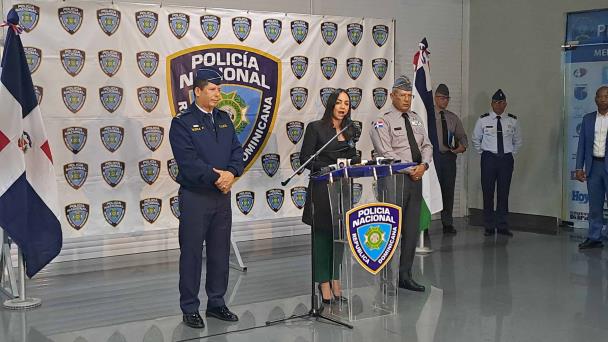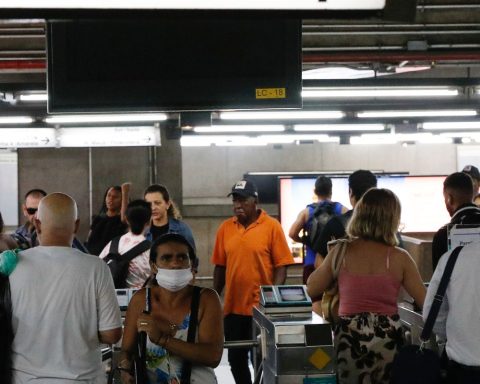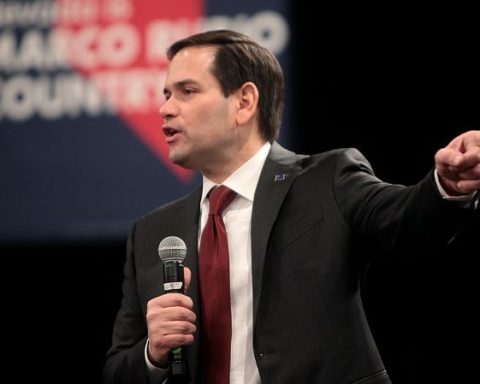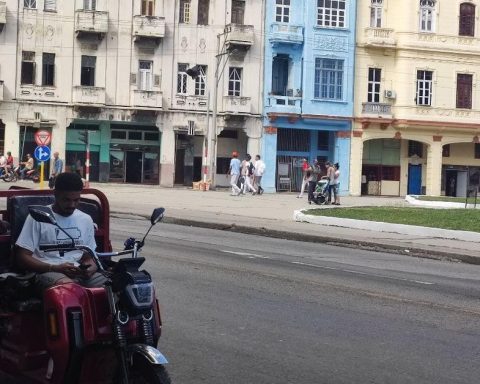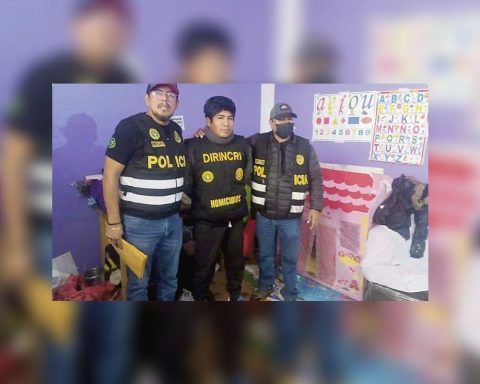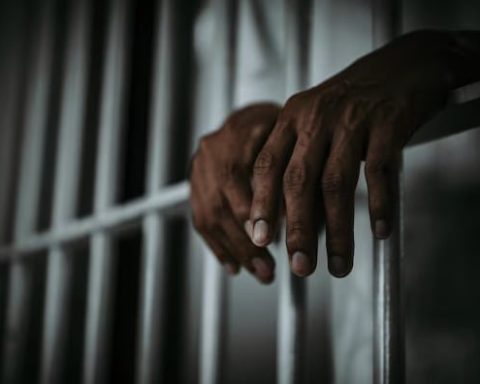The lawyer and expert in the defense of human rights, Laritza Diversent, spoke in #NocheD about the similarities between the repression applied in Cuba to protesters and the persecution in Venezuela of opponents of the government of Nicolás Maduro after the elections of July 28.
Laritza Diversent, director of the Cubalex organization, expressed that the persecution used by police forces in Venezuela against opponents is part of a repression scheme similar to that in Cuba and applied towards dissidence in the Antillean country.
Diversent is a lawyer and specialist in the defense of human rights. The expert spoke on #NocheD with the director of TalCual, Víctor Amaya about the similarities between the models of repression that exist in both countries, as well as the perception of the international community towards Venezuela after the presidential election on July 28.
The expert said that repressive schemes have been documented by the organization in recent years, specifically in the demonstrations in Cuba in the middle of the year in which a change of government was demanded, and the post-election protests in Venezuela.
The guest on the program indicated that both countries agree in the way they refer to the opposition in their respective territories. He added that for several leaders it is difficult to accept that there is political persecution on the island.
“The Cuban and Venezuelan governments say the same thing, that we are mercenaries. The difference is that you sit down to talk to the Chilean government and they can talk about Venezuela, but they are still not allowed to talk about Cuba,” he expressed.
Laritza Diversent also explained that in the societies of both countries there is a custom of adopting self-censorship to avoid reprisals from the government and specified that the fear of talking about politics in both contexts is notorious.
“There is control in all spheres of your neighborhood, of your school. Since we were little, we are instilled with that care where you are talking about. For example, my neighbors stopped talking to me so they wouldn’t be associated with me,” said the director of Cubalex.
Diversent also commented that the violation of privacy is increasingly frequent in Venezuela, while in Cuba it is common and emphasized that in the Central American country, repressive forces do not need solid arguments to make arrests and that “only suspicion is enough”.
The guest at #NocheD took advantage of the interview to congratulate Venezuelan civil society in its activism for human rights and highlighted that it is key to confronting repression in the country: “Venezuela has not lost everything and that is our hope, that they have a civil society that has not given up,” he added.
Click here to see the complete program.
*Read also: #NightD | The electoral records in the OAS: interview with Washington Abdala
Post Views: 62
